Greg N.Gregoriou – Hedge Funds
$17.00
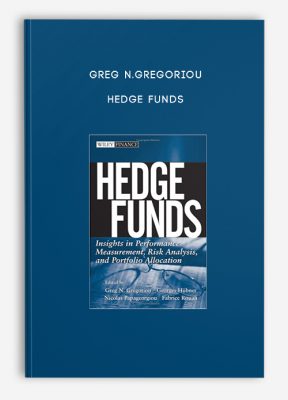
Greg N.Gregoriou – Hedge Funds
Get Greg N.Gregoriou – Hedge Funds on Salaedu.com
Description:
Synopsis: Whether already experienced with hedge funds or just thinking about investing in them, readers need a firm understanding of this unique investment vehicle in order to achieve maximum success. Hedge Funds unites over thirty of the top practitioners and academics in the hedge fund industry to provide readers with the latest findings in this field. Their analysis deals with a variety of topics, from new methods of performance evaluation to portfolio allocation and risk/return matters. Although some of the information is technical in nature, an understanding and applicability of the results as well as theoretical developments are stressed. Filled with in-depth insight and expert advice, Hedge Funds helps readers make the most of this flexible investment vehicle.
From the Back Cover: Praise for Hedge Funds
“Yet another excellent collection of research articles on risk management, performance measurement, portfolio allocation, and other quantitative issues related to hedge funds! This one is a must-read for anyone seriously fascinated by the world of hedge funds.”
—Vikas Agarwal, Assistant Professor of Finance, J. Mack Robinson College of Business Georgia State University
“Our understanding of the properties of hedge funds as an asset class has improved enormously over the past few years, although many questions remain unanswered. This timely collection of important articles covers a broad range of topics including hedge fund investment, risk measurement, and performance appraisal. Academics and practitioners alike will find this a valuable source of cutting-edge thinking.”
—Chris Brooks, Professor of Finance, Cass Business School, City University, London
“Despite the continuing vilification of hedge funds in the popular press, an increasing number of institutional and wealthy private investors are seeking to bifurcate their alpha and beta and diversify their exposure to equities and bonds. Investors are gaining traditional asset class exposure through low-cost, passive approaches and capturing a premium to that return through active investment management approaches in less-efficient markets like those within the domain of hedge funds. This book touches all aspects of this structural change in the investment management industry.”
—Alexander M. Ineichen, CFA, CAIA, Managing Director, UBS Investment Research, and author of Absolute Returns
“The hedge fund industry is quickly evolving into a mature industry, no longer a cottage industry. Never before has such a comprehensive overview of the current hedge fund industry’s critical issues been compiled. This compendium is a must-read for any serious institutional investor or asset manager.”
—James Hedges, Founder, President, and Chief Investment Officer LJH Global Investments, LLC
“If you want to understand the sources of return and risk associated with hedge funds, then this is the book to own. A team of experts in the fields of statistics and finance dissect hedge funds from multiple points of view. This book is a must-read for anyone seeking to see how individual hedge funds and portfolios of hedge funds generate their returns.”
—Richard E. Oberuc, Chairman, Foundation for Managed Derivatives Research
Bond -Stock Trading course: Learn about Bond -Stock Trading
Bond trading definition
Bond trading is one way of making profit from fluctuations in the value of corporate or government bonds.
Many view it as an essential part of a diversified trading portfolio, alongside stocks and cash.
A bond is a financial instrument that works by allowing individuals to loan cash to institutions such as governments or companies.
The institution will pay a defined interest rate on the investment for the duration of the bond, and then give the original sum back at the end of the loan’s term.
A stock trader or equity trader or share trader is a person or company involved in trading equity securities.
Stock traders may be an agent, hedger, arbitrageur, speculator, stockbroker.
Such equity trading in large publicly traded companies may be through a stock exchange.
Stock shares in smaller public companies may be bought and sold in over-the-counter (OTC) markets.
Stock traders can trade on their own account, called proprietary trading, or through an agent authorized to buy and sell on the owner’s behalf.
Trading through an agent is usually through a stockbroker. Agents are paid a commission for performing the trade.
Major stock exchanges have market makers who help limit price variation (volatility) by buying and selling a particular company’s shares on their own behalf and also on behalf of other clients.
More Course: BOND – STOCK
Outstanding Course:Swing Trade Stocks and ETFs in Any Market by Toni Turner
1 review for Greg N.Gregoriou – Hedge Funds
Add a review Cancel reply
Related products
Forex - Trading & Investment
Technical Analysis of Stocks and Commodities 2010-Sept. 2016 [104 Docs (PDF)]
Forex - Trading & Investment
Deron Wagner – Sector Trading Strategies. Turning Steady Profits Even In Stubborn Markets
Forex - Trading & Investment
Forex - Trading & Investment
Forex - Trading & Investment
Forex - Trading & Investment
Forex - Trading & Investment
James Bittman – Investing with LEAPS. What You Should Know About Long Term Investing

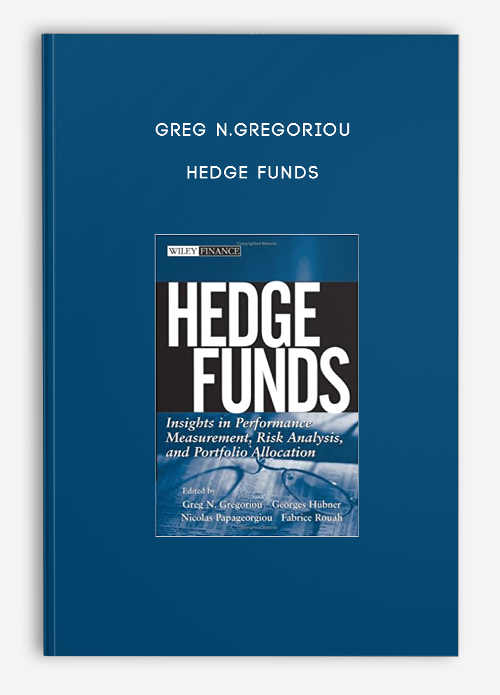

![Technical Analysis of Stocks and Commodities 2010-Sept. 2016 [104 Docs (PDF)]](https://tradersoffer.forex/wp-content/uploads/2016/11/Technical-Analysis-of-Stocks-and-Commodities-2010-Sept-220x280.jpg)
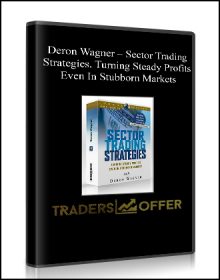
![Investors Business Daily Jan~June 2015 - [ePaper (PDF)]](https://tradersoffer.forex/wp-content/uploads/2016/11/Investors-Business-Daily-JanJune-2015-220x280.jpg)
![Stansberry's Investment Advisory March 2016 Newsletter (Stansberry Research) [eBook (PDF)]](https://tradersoffer.forex/wp-content/uploads/2016/12/Stansberrys-Investment-Advisory-March-2016-Newsletter-Stansberry-Research-eBook-PDF-220x280.jpg)
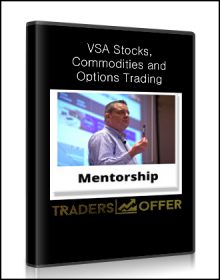
![Investors Business Daily July~Dec 2015 - [ePaper (PDF)]](https://tradersoffer.forex/wp-content/uploads/2016/11/Investors-Business-Daily-JulyDec-2015-220x280.jpg)
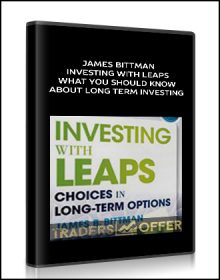
king –
We encourage you to check Content Proof carefully before paying.
“Excepted” these contents: “Online coaching, Software, Facebook group, Skype and Email support from Author.”
If you have enough money and feel good. We encourage you to buy this product from the original Author to get full other “Excepted” contents from them.
Thank you!